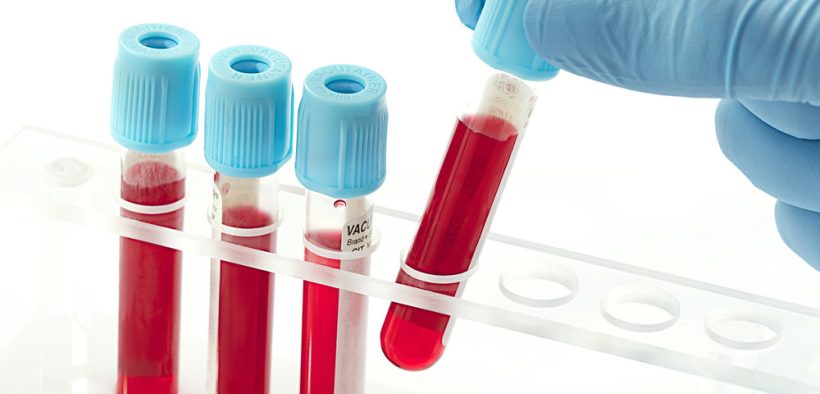In a remarkable breakthrough in medical science, a new and extremely rare blood antigen has been discovered in a woman from Kolar district, near Bengaluru, Karnataka. The antigen, named CRIB, has never been seen before in any human worldwide. It now becomes part of global transfusion science as the newest addition to the Cromer blood group system.
Advertisements

The case surfaced when the 38-year-old patient was being prepared for a cardiac surgery. Her blood type was initially classified as O positive, one of the most common types. But when doctors tried to match donor blood, every standard O+ unit failed compatibility tests. Even among 20 family members, no match could be found.
The Rotary Bangalore TTK Blood Centre stepped in for further testing. After rigorous screening, her sample was sent to the International Blood Group Reference Laboratory (IBGRL) in Bristol, UK. After 10 months of molecular analysis, researchers identified a completely novel antigen in her red blood cells. It has been named CRIB, derived from “CR” (Cromer group), and “IB” (India-Bengaluru).
The discovery was formally announced at the 35th International Society of Blood Transfusion (ISBT) Congress held in Milan in June 2025, putting India in the global spotlight of blood research.
This new antigen has enormous implications for transfusion medicine, organ transplant compatibility, and rare donor registries. According to experts, individuals with such rare blood types face high risks during medical emergencies if compatible units are unavailable.
In response, the Rotary TTK Blood Centre is now building a Rare Donor Registry in partnership with the Indian Council of Medical Research (ICMR) and other state institutions. This registry could play a vital role in saving lives in the future.
This isn’t the first time India has contributed to blood science. The country has previously reported cases of Rh-null and In b-negative types—both globally rare.
The CRIB discovery not only reflects India’s growing role in advanced medical research but also highlights the urgent need to expand rare blood type awareness and infrastructure worldwide.

